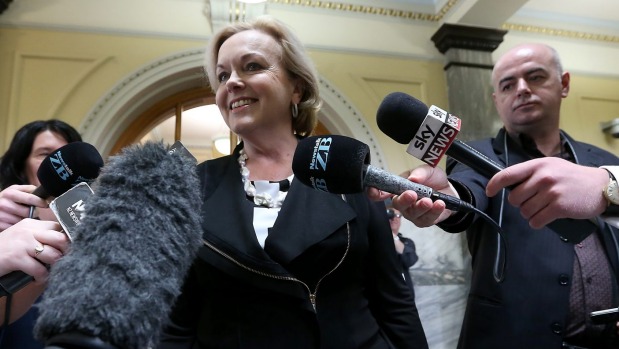Apple Has Not Paid Any Taxes in New Zealand for the Last 10 Years
Ron Perillo / 8 years ago
Despite having a sales total of over $4.2 billion in New Zealand, it appears that Apple has not paid a single cent in taxes over the past 10 years according to a report by the New Zealand Weekend Herald. The company’s accounts show that it has paid $37 million in tax since 2007, although that amount was passed on to the Australian government claiming that the New Zealand operation is operating out of there.
Apple’s New Zealand operations are wholly owned by the Australian parent and appear to be run from there. In a statement issued from Australia, Apple stressed that it followed the law but skirted the issue of how its structure is laid out in New Zealand.
“Apple aims to be a force for good and we’re proud of the contributions we’ve made in New Zealand over the past decade. Because our products and services are created, designed and engineered in the US, that’s where the vast majority of our tax is paid,” the spokesperson said.
The Weekend Herald’s analysis of Apple’s accounts was broadly accepted by several experts including former Inland Revenue adviser Andrea Black, senior lecturer at Massey University Deborah Russell and Auckland University professor Michael Littlewood, but stated that Apple’s arrangements are unfortunately consistent with New Zealand law.
“They’re operating completely legally: it’s just that age-hold distinction between legality and morality,” said Russell.
“It looks like their (Apple’s) tax department is even more innovative than their product designers.” Added James Shaw, NZ Green Party Co-leader.
NZ revenue minister Judith Collins released a statement claiming that a “minority” of international companies were exploiting rules to avoid paying tax and that they “do not consider the amount of tax paid by these multinationals fair”. She has released a package of tax reforms aimed at tackling the issue earlier in March. The United Kingdom and Australia have imposed a diverted profits tax on companies trying to unfairly skirt national tax obligations, a move which would benefit New Zealand if adopted.





















